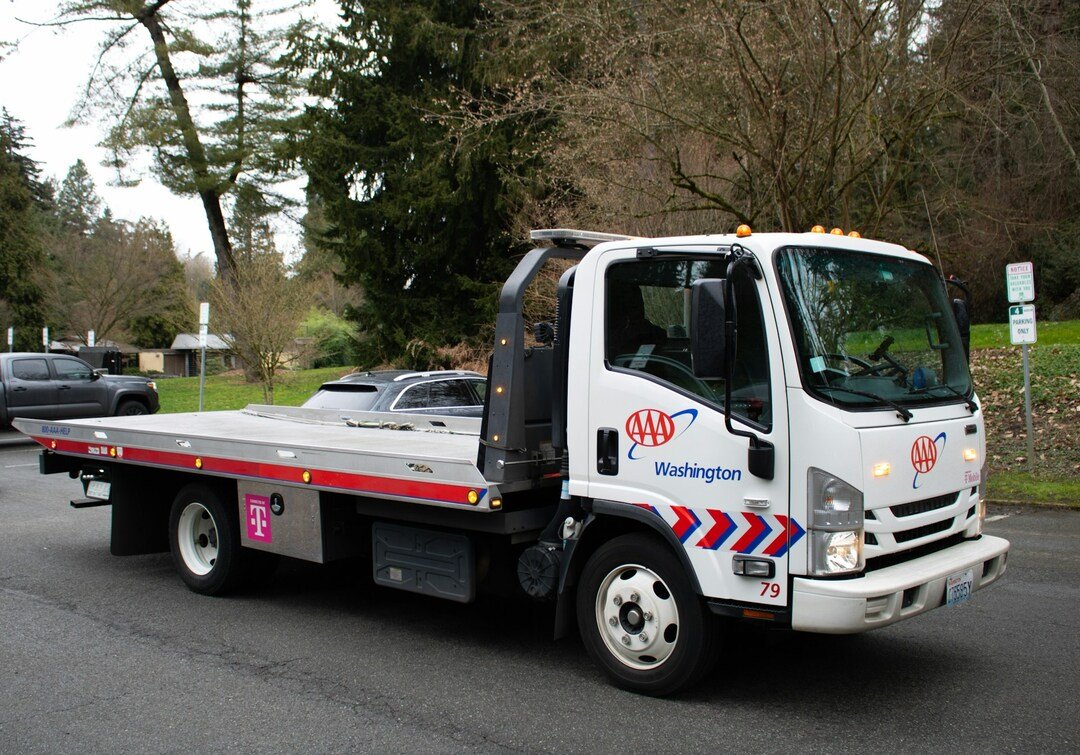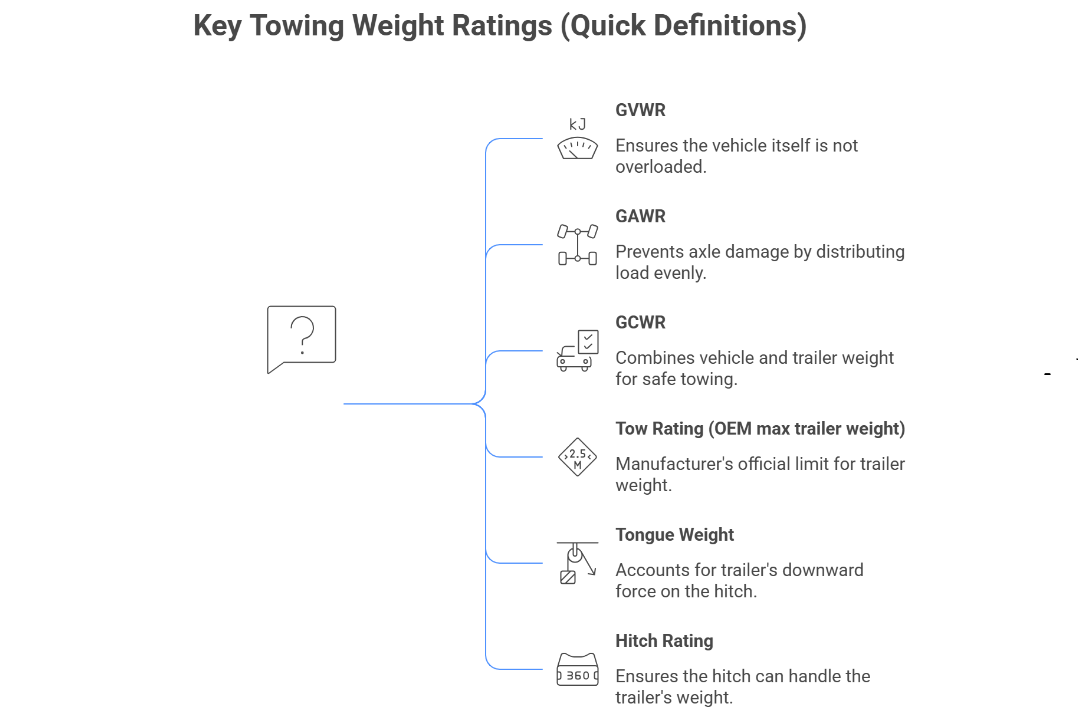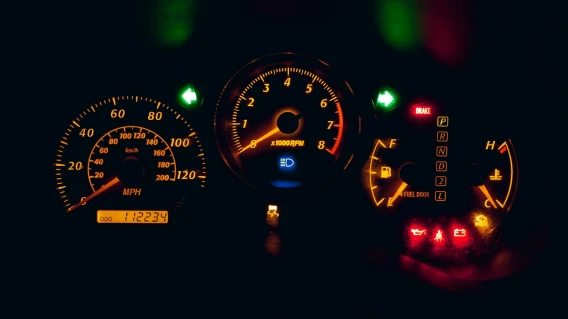If you’re trying to figure out how much your vehicle can tow, the VIN is a great starting point, but it’s rarely the finish line. A VIN check can also help confirm factory specs like engine, drivetrain, and tow-package options, which affect towing limits.
Can you check towing capacity by VIN?
- A free VIN lookup usually won’t show one single “towing capacity” number - it helps confirm your vehicle’s factory configuration (engine, drivetrain, trim, and other identifiers).
- Use the VIN-confirmed configuration to match your vehicle to the manufacturer’s towing guide/owner’s manual for the correct max trailer weight and GCWR for that exact setup.
- Verify Gross Vehicle Weight Rating (GVWR) / Gross Axle Weight Rating (GAWR) on the door-jamb certification label, and check the Tire & Loading placard for the “combined weight of occupants and cargo” limit - passengers, cargo, and hitch/tongue weight all consume that margin.
- If you’re unsure about the tow package/axle ratio, check the build sheet/window sticker or request a dealer VIN lookup for option codes.
Core Towing Weight Ratings
- GVWR: The maximum allowed loaded weight of the vehicle itself (vehicle + people + cargo + accessories + tongue weight).
- GAWR (Front/Rear): The maximum allowed load on the front axle and rear axle, measured separately.
- GCWR (Gross Combined Weight Rating): The maximum allowed combined weight of the loaded vehicle plus the loaded trailer.
- OEM tow rating: The manufacturer’s official max trailer weight for your exact vehicle configuration when properly equipped.
How to check towing capacity by VIN
What you’ll need
- Your VIN (dashboard/door jamb/registration).
- Door-jamb certification label (GVWR/GAWR).
- OEM owner’s manual or towing guide (by model year).
- Trailer GVWR + expected loaded trailer weight.
Step-by-step Guide
- Record the VIN exactly as shown on the vehicle or registration.
- Check the door label for GVWR/GAWR.
- Find the OEM tow rating (Original Equipment Manufacturer - the maximum weight a vehicle manufacturer officially says a specific vehicle can safely tow) by matching your exact configuration in the manufacturer's towing guide/owner’s manual.
- Confirm the tow package/axle ratio (a set of towing-related upgrades/the specific gear ratio that affects towing power versus fuel efficiency) via build sheet/window sticker or dealer VIN lookup if the rating depends on it.
- Account for passengers and cargo, since added weight reduces your available margin.
- Verify hitch/receiver (the overall towing assembly/the square tube part of the hitch that accepts the removable hitch insert) and tongue weight limits (the maximum downward force a trailer can safely apply to a vehicle’s hitch); the hitch rating can be lower than the vehicle rating.
- Double-check GCWR and ensure your loaded vehicle + loaded trailer stays within it.
Understanding the VIN number
A VIN is a 17-character identifier used to describe a vehicle’s basic build and to support safety/recall and manufacturer reporting systems. Most vehicles have the VIN in multiple places, including:
- Lower corner of the windshield (driver's side)
- Driver-side door jamb label
- Registration/insurance documents
What a VIN lookup can (and can’t) tell you about towing
- Can tell you: model year, make/model, trim series, engine family, drivetrain (and sometimes transmission).
- Sometimes it tells you: tow package/option codes, axle ratio, cooling package (depends on source).
- Usually can’t tell you directly: a single towing capacity number, your current loaded weight, or trailer setup limits.

GVWR vs Towing Capacity
GVWR limits how heavy the vehicle itself can be when fully loaded (vehicle + people + cargo + hitch/tongue weight), while towing capacity limits how heavy a trailer the vehicle can pull when properly equipped. They measure different limits, and you need all of them for safe towing.
Hitch & Trailer Limits
- Max trailer weight (tow rating): The maximum trailer weight the vehicle can tow when properly equipped (depends on configuration).
- Tongue weight: The downward force the trailer puts on the hitch (part of the vehicle’s load).
- Hitch/receiver rating: The maximum trailer weight and tongue weight the hitch/receiver is rated to handle.

Towing Capacity Formula
A common way to estimate combined weight (when you know the right ratings) is:
Estimated towing capacity ≈ GCWR − (loaded vehicle weight)
The official tow rating is taken from the OEM table. Because loaded vehicle weight includes passengers, cargo, fuel, and gear, GCWR often becomes the limiting factor once your vehicle is actually loaded up.
Important: The GVWR-based formula is only a rough estimate. Your final check should confirm you stay under GCWR and the hitch/receiver rating, using the OEM towing guide for your exact configuration.

Safe Towing Checklist (GVWR • GAWR • Towing Capacity)
- Confirm the trailer is within towing capacity
Check the vehicle’s max trailer weight / towing capacity for your exact setup (engine, drivetrain, axle ratio, tow package, etc.).
Compare it to the trailer’s actual loaded weight (not “dry weight”). - Make sure the vehicle stays under GVWR
GVWR is the max allowed loaded weight of the vehicle:
vehicle + passengers + cargo + accessories + tongue weight (downward force on the hitch).
Tongue weight is commonly ~10–15% of trailer weight for many bumper-pull trailers (varies by trailer type/setup). - Don’t exceed GAWR (front and rear axles)
GAWR is the max allowed load on each axle.
Pay special attention to the rear axle, which carries most of the tongue weight and often most cargo.
If you’re close to GAWR: reduce payload, redistribute cargo, and use proper equipment (e.g., weight-distribution hitch if required/appropriate). - Check hitch and equipment ratings
Verify the ratings for: receiver, ball mount, ball, coupler, safety chains (all must meet/exceed your trailer weight).
If using a weight-distribution hitch, confirm it matches both tongue weight and trailer weight. - Tires, pressures, and brakes
Confirm tire load rating and set pressures per towing guidance.
Ensure trailer brakes (if equipped/required) work and the brake controller is adjusted.
Check trailer wheel bearings, plus lights/turn signals. - Quick stability sanity check
Load cargo low and forward (but not excessively nose-heavy).
Trailer should sit level (or per manufacturer guidance).
Do a short low-speed test: if sway or braking feels wrong, stop and rebalance/adjust.
Takeaways
- To get a correct towing capacity number, you need to match the car’s specs to the OEM towing guide or owner’s manual - and then verify your real-world weights stay within GCWR, GVWR/GAWR, and hitch ratings.
- The door label provides GVWR/GAWR; passengers/cargo reduce real-world towing margin.
- Confirm rating and tongue weight limits before towing.
- If VIN decoder data is incomplete, use a build sheet/window sticker or dealer option-code lookup.
- Trailer brake requirements can vary by location - check local rules if towing near limits.
Free Data Sources
- Decode a VIN using NHTSA’s VIN decoder (vPIC) to pull manufacturer-submitted details.
- Examine the Ford OEM towing guide.
- Check the GMC owner’s manual.
Further reading
Frequently Asked Questions
Exceeding ratings can reduce braking and handling performance and may overload components. It can also put you over GVWR/GAWR/GCWR and hitch limits, increasing safety risks. .
Many owners leave a margin because real-world conditions (grade, heat, wind, cargo, passengers) reduce capability. Use the OEM guide for your configuration and confirm weights on a scale if you’ll tow near the limits.
You generally can’t safely exceed manufacturer ratings. Adding towing equipment can improve control or stability, but the official tow rating is set by the vehicle’s engineered limits and OEM guidance.
Not usually as a single number. Combine it with the OEM towing guide/owner’s manual to find the correct tow rating for that exact setup.
Use the VIN to confirm your configuration, then look up GCWR in the manufacturer’s towing guide/owner’s manual for that model year and equipment.
Sometimes. Some VIN/option lookups show package codes, but many require a build sheet/window sticker or dealer VIN lookup to confirm factory tow equipment.
GVWR and GAWR are typically on the driver door-jamb certification label. Payload is often represented by the required “combined weight of occupants and cargo” statement on the Tire/Loading placard.
In most cases, it isn’t listed on the VIN plate or label. The tow rating is usually found in the OEM towing guide/owner’s manual after matching your year and configuration.
A VIN decoder may not provide curb weight reliably. For the most accurate number, use OEM specifications (matched to your configuration), a window sticker/build sheet, or weigh the vehicle on a certified scale.
“Towing capacity” usually refers to the maximum trailer weight the vehicle can pull when properly equipped. Total limits like GCWR account for the combined weight of the loaded vehicle plus the loaded trailer, so both matter.







